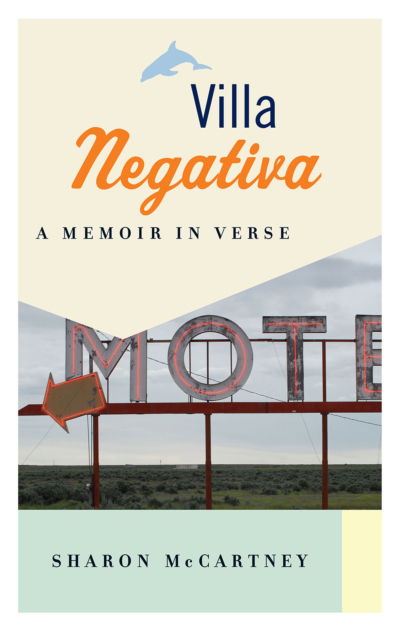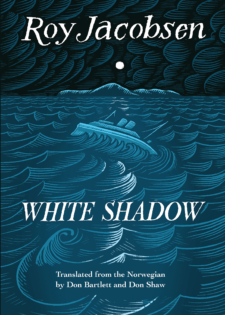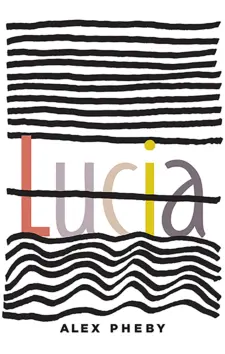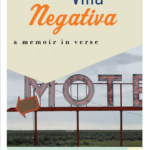Description
With less content in my life
I am infinitely more content
Against the backdrop of a sibling’s death, an eating disorder, and a few very dismal dating relationships, Villa Negativa looks for laughter behind darkness: the intruder who politely removes her shoes, the fabricator whose closest relationship is with fibreglass, the anorexic who sends the Diet Coke back because it tastes too good. Meditative and mischievous, confessional and philosophical, sincere and sly by turns, Sharon McCartney’s seventh collection articulates an essential truth of self-knowledge—that “to perceive something, we have to be able / to stand away from it.”
Praise for Sharon McCartney
“Part satire, part self-examination, and far more layered than it first appears. Working largely in free verse… moving between levity and sincerity in a short span… The collection is brilliant: short, sharp, and eminently readable. Although it is a quick read, it is a deeply satisfying one.”—Publishers Weekly (starred review)
“So much is revealed in so few words … It’s a book that feels light, but its delivery is heavy, and worthy of contemplation … McCartney is merciless in exposing vulnerability, but also builds an intimacy integral to Metanoia‘s achievement.”—Quill & Quire (starred review)
“This collection’s paradoxes make its reflections feel earned. The poems reward readers not only by arriving at moments of insight but also by playing out the lines of thought, repeatedly restarting these processes of knowing and questing.”—Canadian Literature
“The poems are satirical as the speaker examines herself, her life and her relationships … the presentation is raw and empowered with many emotions like fear, sadness and, yes, even anger. Yet, within the words and emotions, the speaker delves into many of the deeper meanings of life, and death.”—Arc Poetry Magazine
“McCartney has written exceedingly rhythmical poems … and this is one of the reasons she holds a place of high esteem in the Canadian poetry scene for me … There’s a ton to empathize over, rage against, or even pshaw in disdain towards, usually in the face of some sad sack male character … “Agonal and Preterminal,” the third piece, perfectly sketches a painful portrait of an era of institutionalization, medicalese and the hush of shame.”—Marrow Reviews
“You don’t read these poems, you feel them: Hammer in the head, shod foot on the throat, stiletto in the heart. It’s those combos of wild, piercing insights (or unusual but poignant images); yep, that’s what makes it good for you–or kills you, laughing.”—George Elliott Clarke









